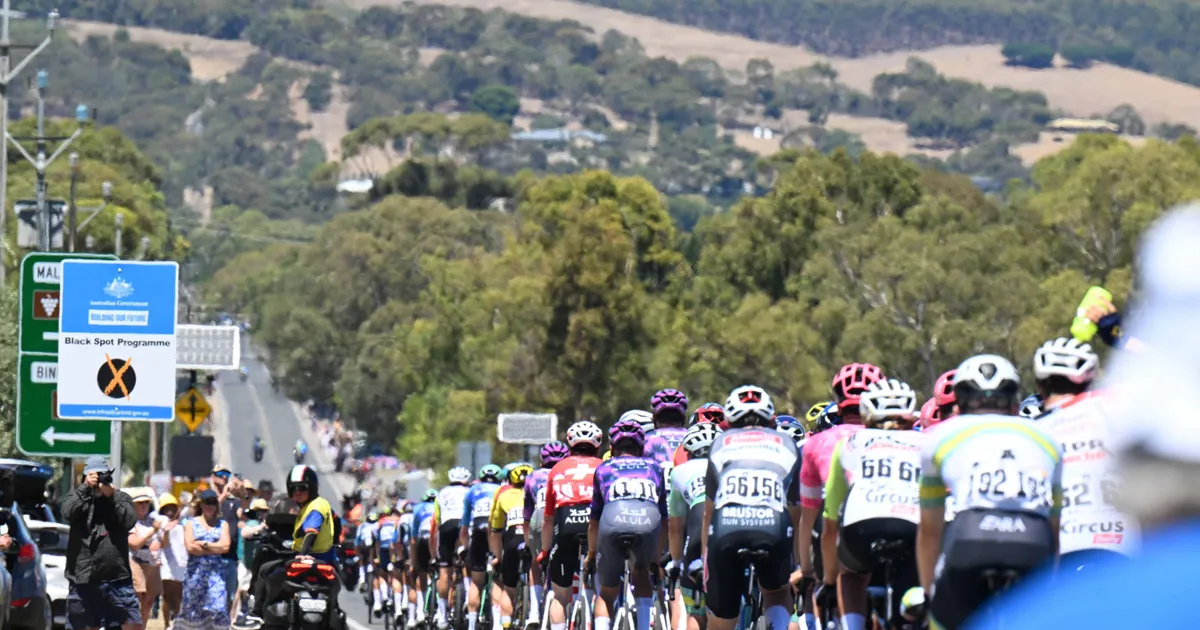It was there that the UAE Team Emirates leader admitted, “I’ve started counting down the years until retirement. It’s true that sometimes I’d like to be a little less famous. Taking photos and signing autographs sometimes gets tiring, sometimes less, but I try to please everyone.”
Pasamontes responded directly to those comments, expressing empathy for the Slovenian’s mindset. “Pogačar thinks about his retirement. For me it is normal, logical and understandable. Cyclists live tied to the numbers of potentiometers and scales. They live between concentrations and competition, little at home.
“That’s how it is, it’s the moment they have to live to be professionals. It’s hard,” he said. For him, Pogacar’s situation illustrates the broader problem: the sport’s structure forces riders into an all-consuming cycle of training, travel, and racing, often from a very young age.
For now, Pogacar will step away from competition until September, skipping the remainder of the summer calendar. His return will come at the Canadian WorldTour classics, the Grand Prix Cycliste de Québec and Grand Prix Cycliste de Montréal, events he will use to prepare for his title defence at the 2025 World Championships in Rwanda. The rainbow jersey remains one of his prime objectives, but his remarks suggest that even chasing cycling’s most prestigious prizes comes at a personal cost.
Following the Worlds, Pogacar is scheduled to take on the European Championships, an event where he has only competed once before, in 2021, when he placed fifth. Whether this appearance is part of ticking off career goals before stepping away is unclear, but it marks another high-profile target in a packed season.
He will then close his campaign in familiar fashion at Il Lombardia. Having already won the Italian monument four years in a row, he will seek a fifth consecutive victory, a record, before finally putting an end to what has been one of the longest and most demanding seasons of his career.
Pasamontes’ warnings about youth overtraining, paired with Pogacar’s reflections on burnout, present a stark portrait of professional cycling. From 13-year-olds riding 200 kilometers in a day to world champions publicly counting down to retirement, the message is consistent: the sport’s demands, both physical and mental, are immense. For those inside the peloton, the conversation is not just about winning races, it is about surviving the sport itself.

